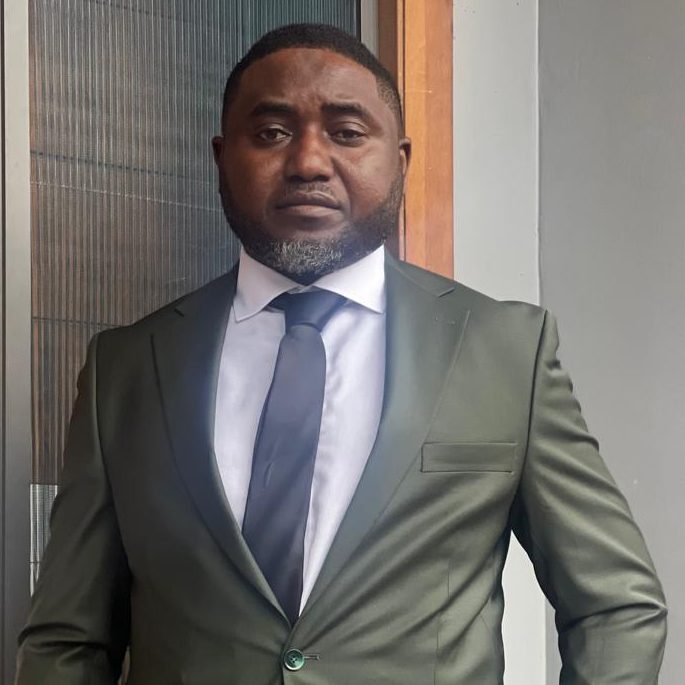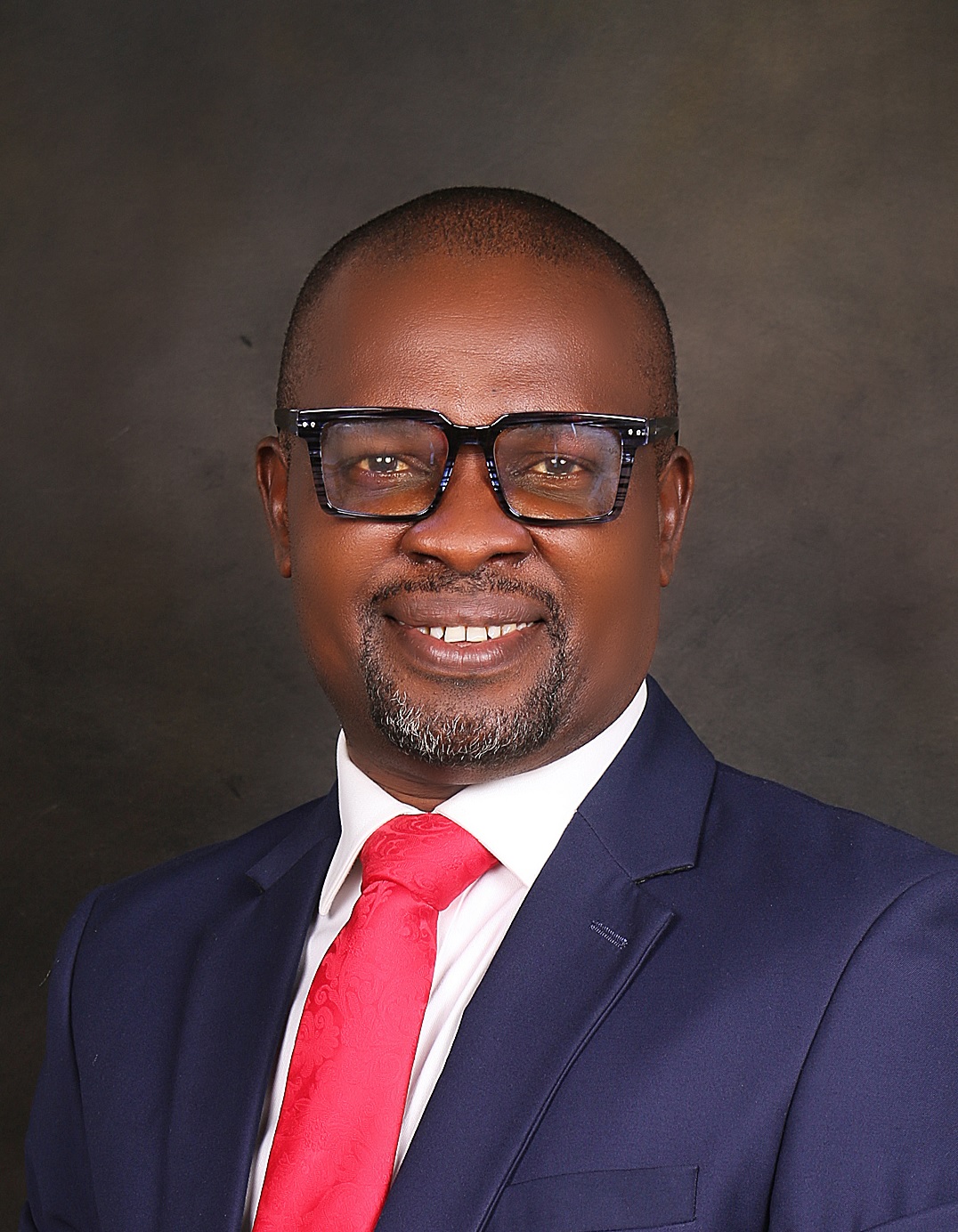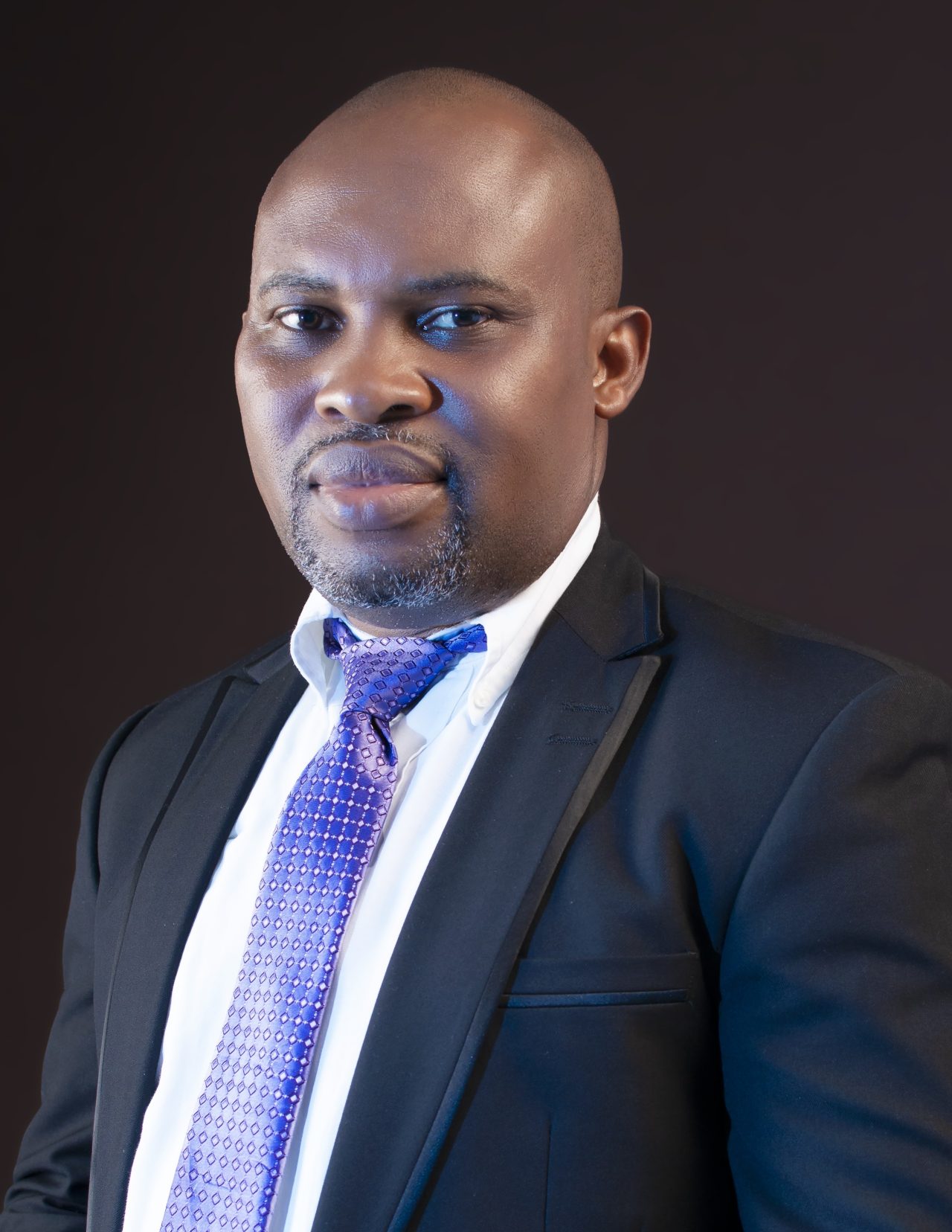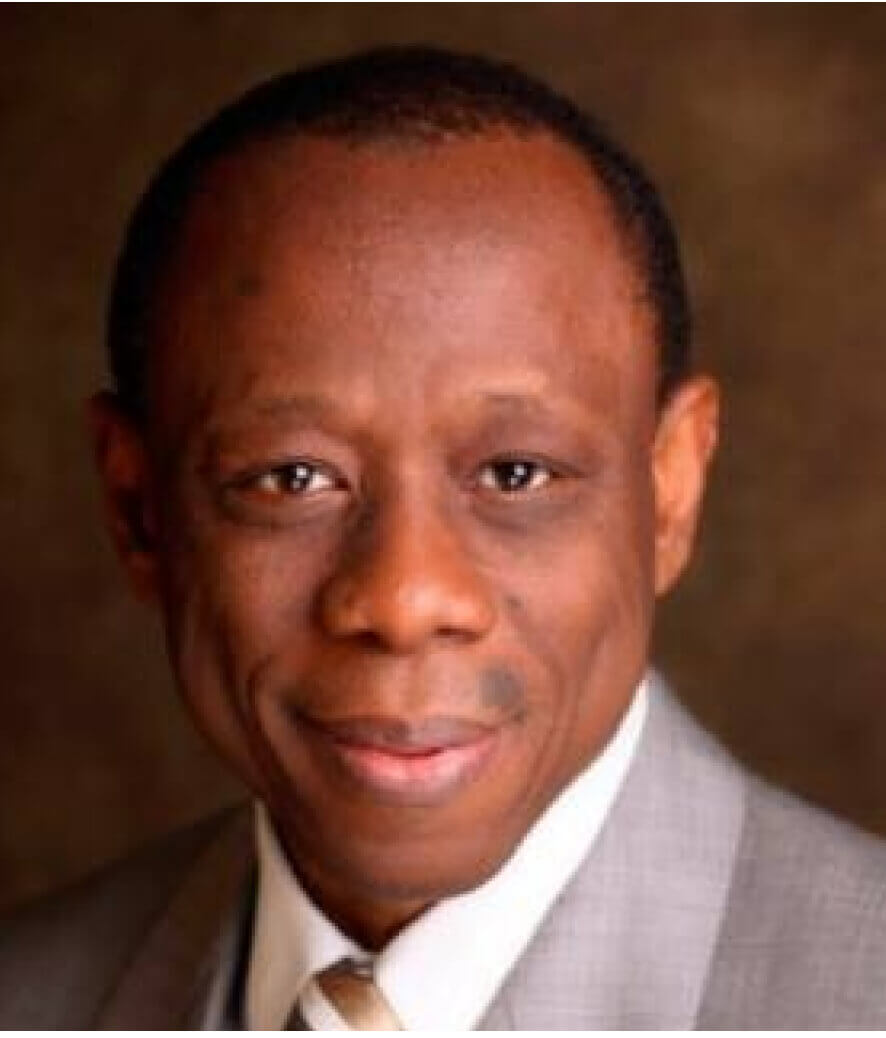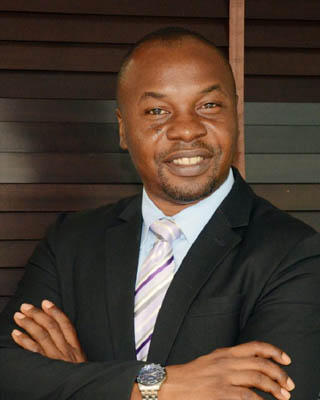We are living in unprecedented times. Our businesses, our families, our institutions, our economy, our jobs, etc. are being tested like never.
The most successful people coming out of this pandemic will be those who adapt, react, and pivot into whatever the new normal is. The strong will survive here. Survival of the fittest applies as much as it does anywhere in history.
If one thing is certain in life, it is change. When change is positive, it makes us smile. When it is negative, we face challenges that can be life challenging. Change brings unique thoughts, feelings, and emotions to the forefront. It demands our attention and consideration of new facts that have the potential to shift our views. Our brain processes change the same way it processes grief, but it is also the time when we build the most resilience.
It is human nature to resist change particularly when it comes in the form of adversity, job loss, or challenges. But change is inevitable and developing the trait of resilience helps us not only survive change, but also learn, grow, and thrive in it.
Resilience can be defined as “the capacity to recover quickly from difficulties”. Resilience is not a trait that people are born with; it involves behaviors, thoughts, and actions that can be learned and developed in anyone. It is not our learned ability to deny feelings, bury them deep within us and carry on like nothing is happening. Resilience is not denial; it is acceptance and willingness to take on the challenge and development of self.
To come out of a challenge, (like this pandemic) and its consequences and thrive like never, we must build resilience. We must accept the challenges, willingly take them on and develop ourselves to come out stronger.
Building resilience can come with substantial distress just like many are witnessing now. It takes time and effort. But it is never too late to start. You can see some differences immediately. But it takes intentionality, and you must be held accountable.
It is easy to become apathetic and use a challenge as an excuse, but it will not do you any good. Things may never get back to how they were before, but it does not have to be a bad thing for you. Embrace the opportunity, explore it, and see what happens.
Learning how to be resilient is not achieved by avoiding challenges, it is achieved by facing them.
Resilient people search for meaning. They develop a “personal why” that helps them have a clear sense of purpose, which helps them view setbacks from a broader perspective.
We need to focus on three strategies for mastering resilience. First, we should try to “Accept” the things we cannot change.
Second, we should try “Altering” the things that we can change. When neither of these approaches work, we should try “Reframing”.
Reframing means we shift problems to opportunities. It is a mindset. And it is necessary for building resilience.
The prayer, written by Reinhold Niebuhr says, “God, grant me the serenity to accept the things I cannot change, the courage to change the things I can, and wisdom to know the difference.” It was written in 1932-33 during the great depression which followed a global pandemic. These words are very appropriate today!
Jessy Eni
Senior HR Manager

